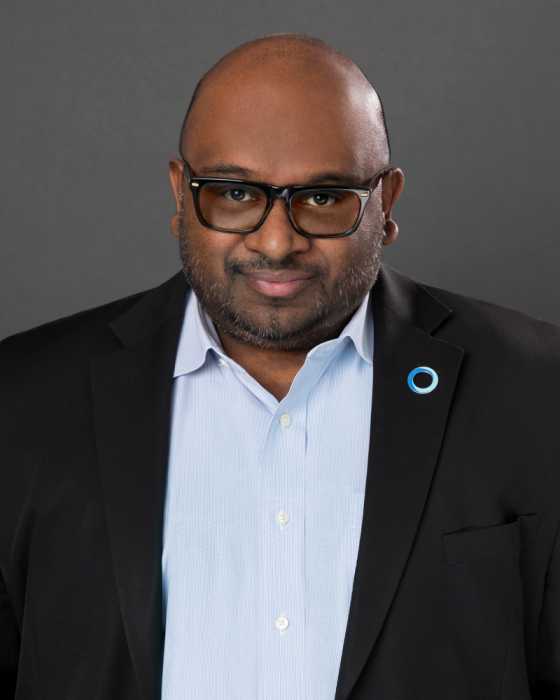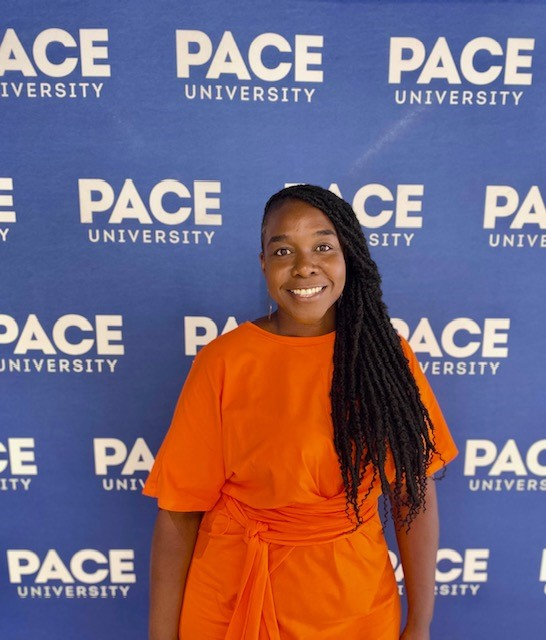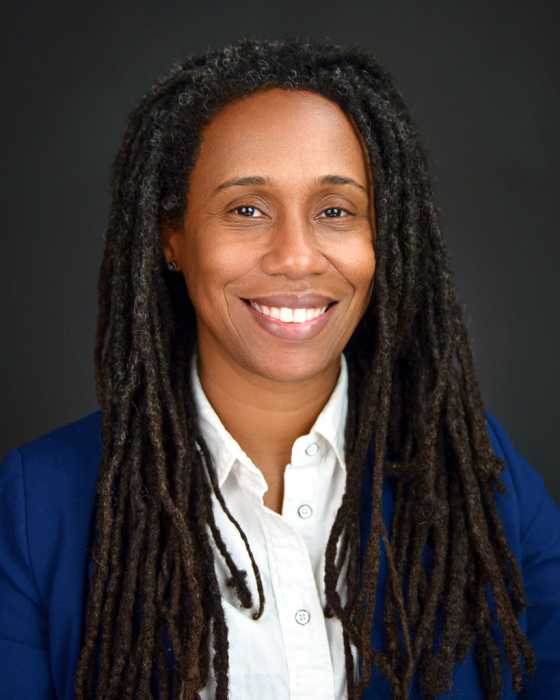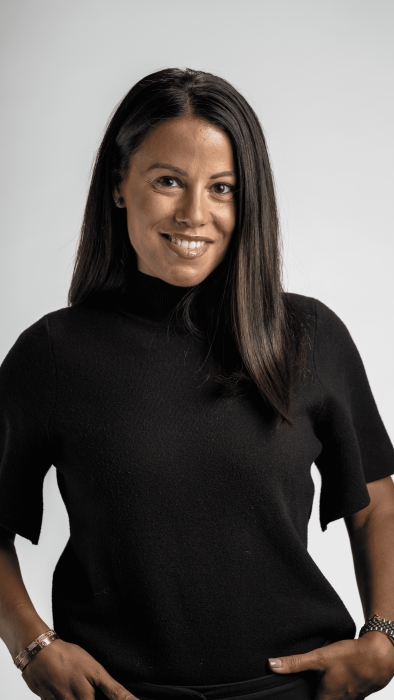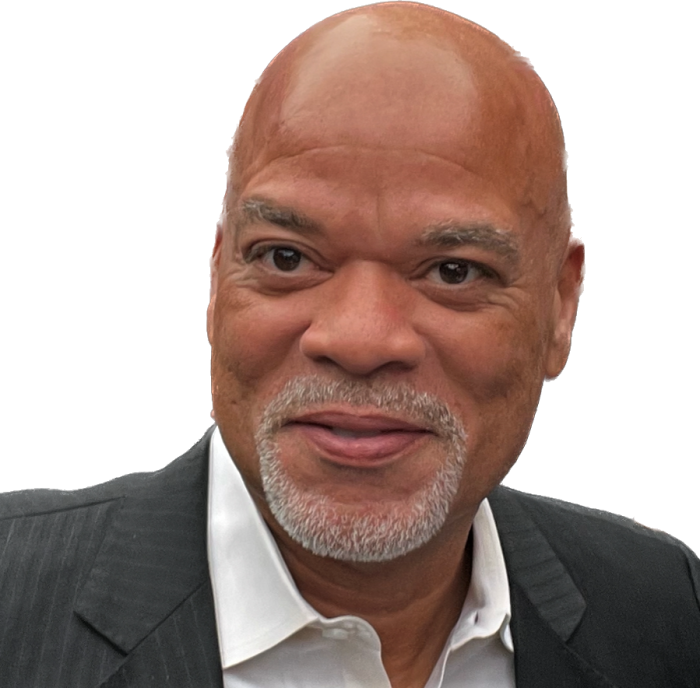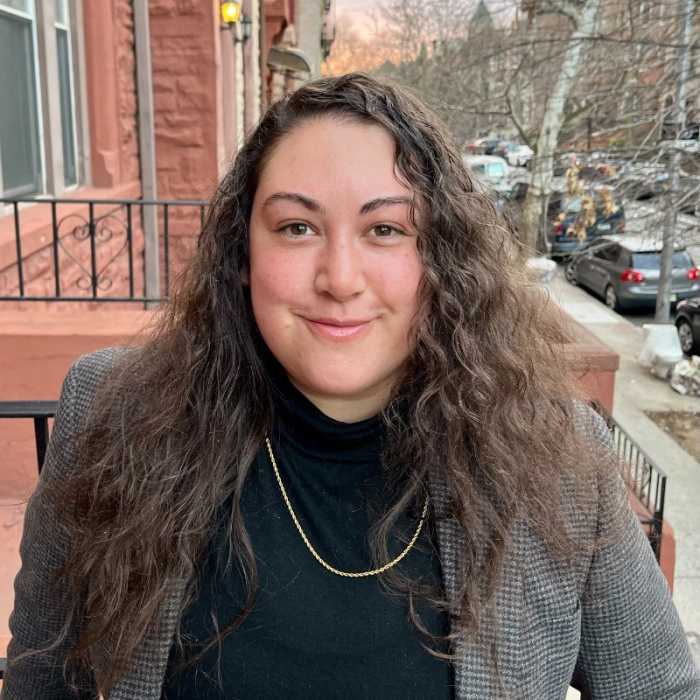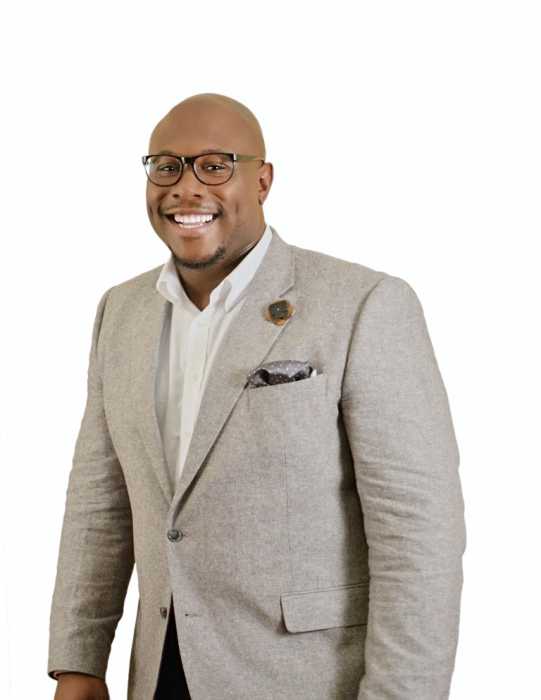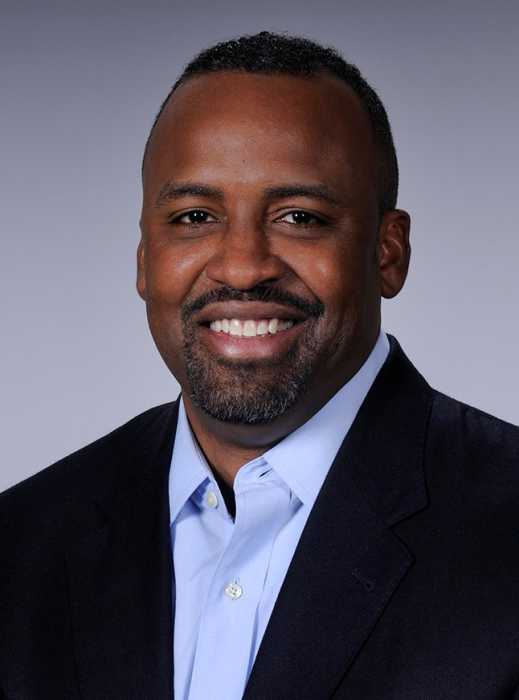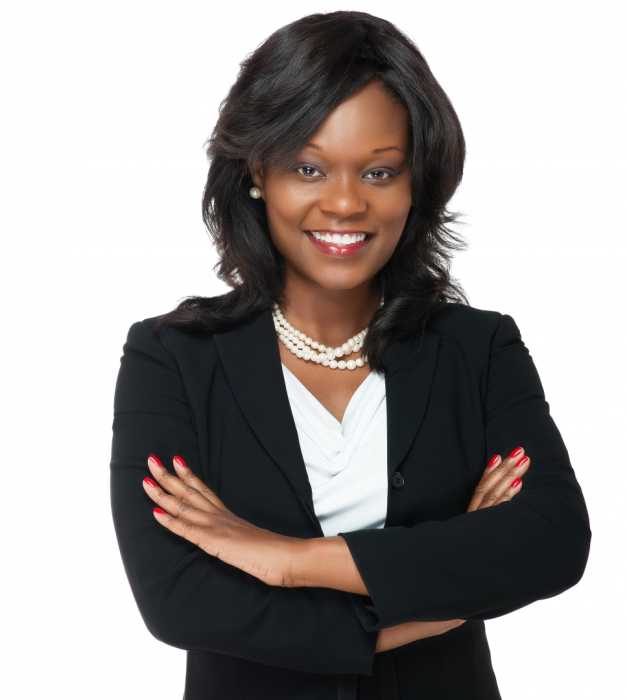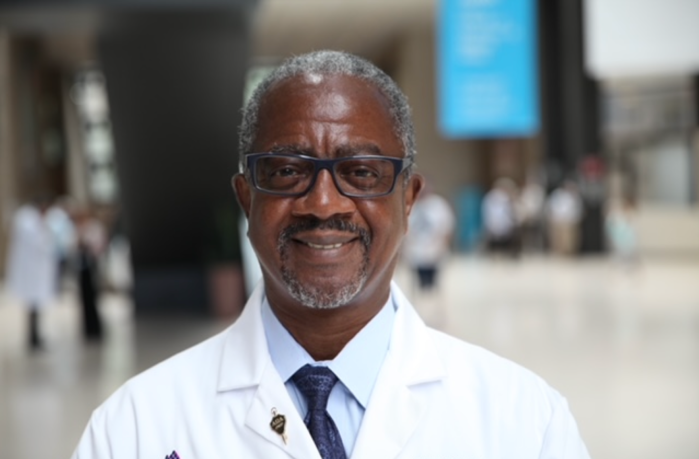Achan was appointed president and CEO of LiveOnNY in November 2021. Having started his career as an ICU nurse in 1999 at Mount Sinai Hospital, he is a veteran health care executive with 20+ years of leadership experience. He previously served as the president of the Hospital for Special Surgery’s Innovation Institute. His leadership roles have spanned clinical, operational, marketing, communications, crisis management, digital transformation, branding, and innovation and he has served in several C-suite roles.
What’s the most important lesson you’ve learned in your career so far?
For the first decade of my career, I lacked mentorship, sponsorship, or coaching. I believed it toughened me, fostering strength and success, so I hired those who faced similar challenges. I was mistaken. My early struggles as a first-generation American and college graduate in healthcare didn’t fortify me; they inspired me to ensure others didn’t face the same. Early mentorship and sponsorship, not hardship, improve our industry. I wish I’d known this from the start.
Why is diversity, equity and inclusion important to you and/or your organization?
To succeed, your strategic plan and execution must align with the community you serve. This requires diversity in your board, leadership, and workforce to reflect varied perspectives and experiences. This holistic approach ensures a clear vision from top to bottom, optimizing success and fostering continuous learning and innovation. Establishing accountability and creating an open platform for advice sharing and learning from mistakes accelerates growth from incremental to exponential levels.
What advice do you have for organizations looking to establish or improve DEI initiatives?
It begins with your governance and board composition, and then extends to your executive team and workforce. Staff observe if you are all about the “looks like” or “acts like” part in addressing disparities and promoting equity. Aligning with your community to drive success and meet their needs brings undeniable benefits. Stay true to your mission and align with the community to achieve your organizational goals with purpose.



